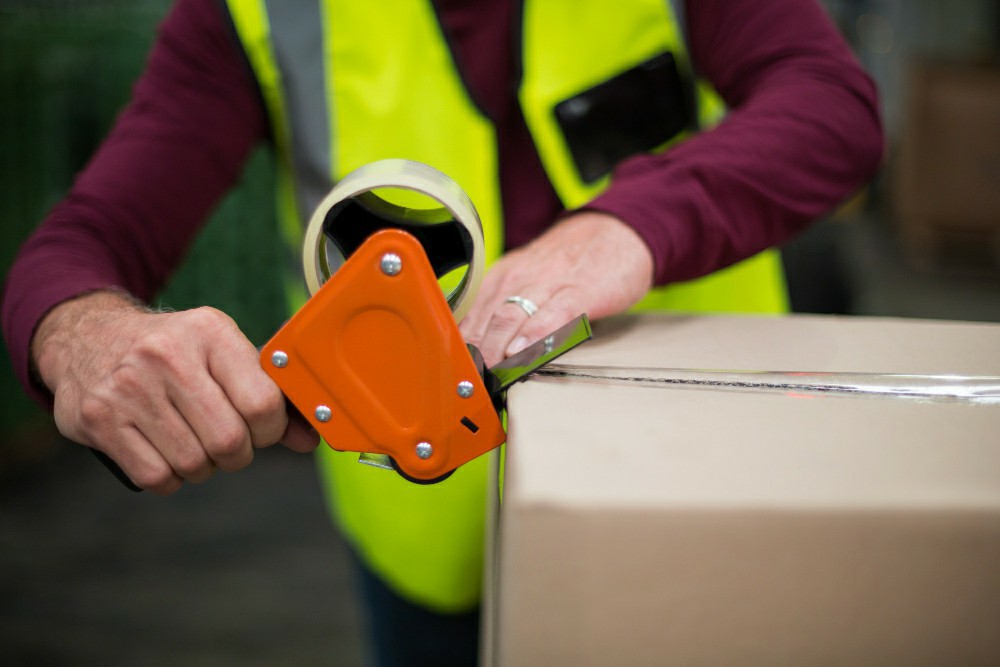


 349,500 Offered Certificates
349,500 Offered Certificates
 24/7 Online Training
24/7 Online Training
 Money Back Guarantee
Money Back Guarantee
 Fully Accredited Courses
Fully Accredited Courses

Created at: 28-12-2024 23:13
In the fast-paced environments of workplaces across Dublin, proper manual handling techniques are not just a necessity; they are vital for ensuring the health and safety of employees. This blog explores the critical aspects of manual handling health and safety training, emphasizing the course content, risk assessment strategies, and practical techniques for a safer workplace.
Manual handling refers to the process of lifting, carrying, pushing, or pulling loads by hand. It is a common activity across various industries, including construction, healthcare, and warehousing. When done incorrectly, it can lead to serious injuries, including musculoskeletal disorders, which account for a significant number of workplace injuries.
Taking part in a comprehensive manual handling training course is essential for anyone who engages in manual handling tasks. Here are the key components of such a training course:
With the rise of digital education, many organizations are turning to online manual handling courses as a flexible and effective training solution. Here are some benefits:
Upon successful completion of the online manual handling course, participants receive a certification that demonstrates their understanding of safe manual handling practices. This certification is not just a piece of paper; it serves as evidence of dedication to maintaining workplace safety and compliance with health and safety regulations.
At Ireland Safety Training, we are committed to providing high-quality health and safety training courses. Our online manual handling course is designed to equip workers in Dublin and beyond with the skills they need to minimize risks and promote a safer work environment.
Investing in manual handling health and safety training is essential for any organization looking to uphold workplace safety and enhance employee well-being. With the convenience of online learning, it's easier than ever for employees to access the training they need. To begin your journey toward safer manual handling practices, contact us at [email protected] to learn more about our courses.